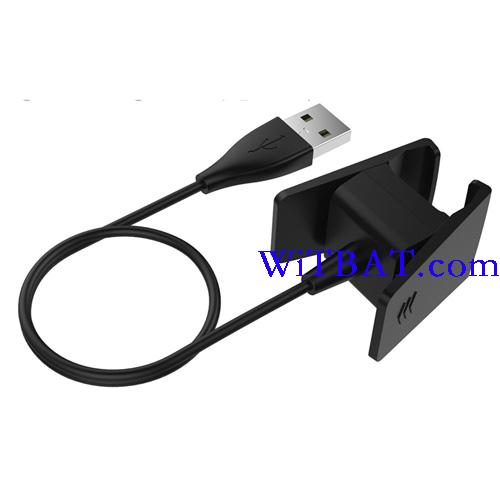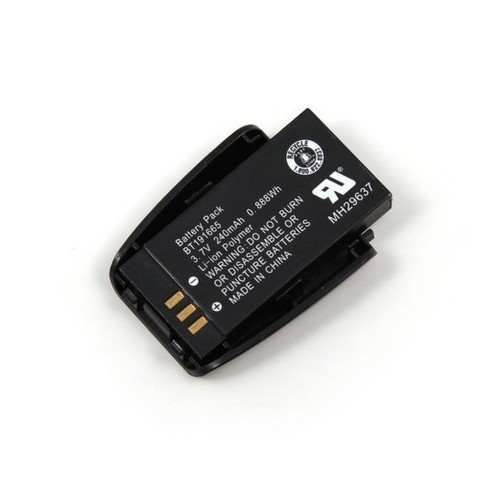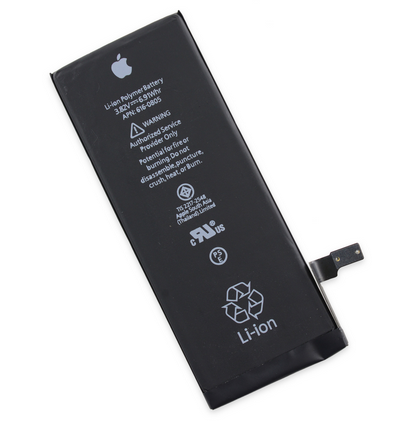Battery Navigation
Latest topics
Search
Battery Statics
Ads
Cooperation on Lithium-ion Batteries between Renault and Nissan
Page 1 of 1
 Cooperation on Lithium-ion Batteries between Renault and Nissan
Cooperation on Lithium-ion Batteries between Renault and Nissan
Renault-Nissan relies heavily on the spread in the short term, electric vehicles. To this end, the company announced the creation of two manufacturing lithium-ion batteries. A radical choice for Renault-Nissan, who decides at the same time to make this type of batteries the cornerstone of its future hybrid vehicle. Explanations.
Renault-Nissan has set a target for the car of tomorrow "zero-emission mobility." To do so, the alliance of the two automakers put on a promising technology: lithium-ion battery. Thus, two manufacturing plants lithium-ion batteries will emerge in the coming months.
The first will be built in the northeast of England, Sunderland, where Nissan already has a production site. The other plant in Portugal, where many sites are competing to host the project. Anyway, these two plants will supply about 60,000 batteries a year each, and the opening of additional plant is possible, according to market developments. It must be said that these projects are supported at the state level. Thus, the British government will help Renault-Nissan, to the tune of 200 million euros for the development of the Sunderland plant. Portugal, meanwhile, has already signed agreements with the manufacturer for the establishment, from 2010, 1300 charging stations, before selling electric vehicles in the country in 2011.
Like Portugal and the UK, many countries are now soft eyes to convince manufacturers to invest in their country. This is even more the case with the United Kingdom, determined to become a leader in electric cars: it is certainly what comes out of the program against CO2 emissions, presented last week by the UK Energy Secretary Ed Miliband.
General momentum builders
Renault-Nissan, like Mercedes, Ford or General Motors, decided to take a clear position on the ecological niche. Also, it now appears that for the alliance of French and Japanese manufacturers, the li-ion battery is becoming the cornerstone of any hybrid vehicle.
The thousands of hours of testing on these lithium-ion batteries show that it outperforms the conventional nimh batteries, both in terms of performance, reliability or security. Thus, if the lithium-ion technology is promising, the rush to this type of battery still has enough left somewhat perplexed. Indeed, many questions remain. Level of autonomy for example, the autonomy of the lithium-ion battery is now about 160 km. It is not known at this time to what extent this distance may increase.
Recharging the battery is one area where research has the most successful, with 20 minutes of charge can now get a load of 80% full. The problem is that for such a loading speed, it is essential to connect the battery of a high voltage source. Of charging stations will emerge, but the problems, waiting to charging stations may be huge, at least initially. Another solution is: charge its battery on the current delivered by an AC outlet, but then the charge time is between 6 and 8 hours.
Difficult problems persist
Recycling these items is also a puzzle, the engineers have now resolved.
Besides these problems, the lithium-ion battery has some interest. Thus, the compact side of these batteries is a big step, and saves space. Another key point, the longevity of this type of battery: in fact, the lithium-ion battery is designed to support 5000 charges.
Renault-Nissan, which hopes to market its electric cars in 2010 in Japan and the United States is not alone in believing in lithium-ion batteries. Thus, Nissan, USA, has received $ 1.6 billion, as a loan to produce electric cars and lithium batteries in Tennessee, where the brand is already present.
Now, it is therefore necessary to advance the operating parameters and performance of lithium-ion batteries, but the massive investment show that the widespread use of hybrid vehicles is no longer a figment of the imagination.
Renault-Nissan has set a target for the car of tomorrow "zero-emission mobility." To do so, the alliance of the two automakers put on a promising technology: lithium-ion battery. Thus, two manufacturing plants lithium-ion batteries will emerge in the coming months.
The first will be built in the northeast of England, Sunderland, where Nissan already has a production site. The other plant in Portugal, where many sites are competing to host the project. Anyway, these two plants will supply about 60,000 batteries a year each, and the opening of additional plant is possible, according to market developments. It must be said that these projects are supported at the state level. Thus, the British government will help Renault-Nissan, to the tune of 200 million euros for the development of the Sunderland plant. Portugal, meanwhile, has already signed agreements with the manufacturer for the establishment, from 2010, 1300 charging stations, before selling electric vehicles in the country in 2011.
Like Portugal and the UK, many countries are now soft eyes to convince manufacturers to invest in their country. This is even more the case with the United Kingdom, determined to become a leader in electric cars: it is certainly what comes out of the program against CO2 emissions, presented last week by the UK Energy Secretary Ed Miliband.
General momentum builders
Renault-Nissan, like Mercedes, Ford or General Motors, decided to take a clear position on the ecological niche. Also, it now appears that for the alliance of French and Japanese manufacturers, the li-ion battery is becoming the cornerstone of any hybrid vehicle.
The thousands of hours of testing on these lithium-ion batteries show that it outperforms the conventional nimh batteries, both in terms of performance, reliability or security. Thus, if the lithium-ion technology is promising, the rush to this type of battery still has enough left somewhat perplexed. Indeed, many questions remain. Level of autonomy for example, the autonomy of the lithium-ion battery is now about 160 km. It is not known at this time to what extent this distance may increase.
Recharging the battery is one area where research has the most successful, with 20 minutes of charge can now get a load of 80% full. The problem is that for such a loading speed, it is essential to connect the battery of a high voltage source. Of charging stations will emerge, but the problems, waiting to charging stations may be huge, at least initially. Another solution is: charge its battery on the current delivered by an AC outlet, but then the charge time is between 6 and 8 hours.
Difficult problems persist
Recycling these items is also a puzzle, the engineers have now resolved.
Besides these problems, the lithium-ion battery has some interest. Thus, the compact side of these batteries is a big step, and saves space. Another key point, the longevity of this type of battery: in fact, the lithium-ion battery is designed to support 5000 charges.
Renault-Nissan, which hopes to market its electric cars in 2010 in Japan and the United States is not alone in believing in lithium-ion batteries. Thus, Nissan, USA, has received $ 1.6 billion, as a loan to produce electric cars and lithium batteries in Tennessee, where the brand is already present.
Now, it is therefore necessary to advance the operating parameters and performance of lithium-ion batteries, but the massive investment show that the widespread use of hybrid vehicles is no longer a figment of the imagination.
juda- Posts : 9
Points : 29
Reputation : 0
Join date : 2012-01-13
 Similar topics
Similar topics» China BAK Enters into Strategic Cooperation with HAITEC
» Nissan develops 10-minute-rechargeable battery
» New technology extends the life of lithium-ion batteries
» How to enhance the life of lithium-based batteries
» Toyota Developing Magnesium Batteries as Alternative to Lithium
» Nissan develops 10-minute-rechargeable battery
» New technology extends the life of lithium-ion batteries
» How to enhance the life of lithium-based batteries
» Toyota Developing Magnesium Batteries as Alternative to Lithium
Page 1 of 1
Permissions in this forum:
You cannot reply to topics in this forum













» NIO Phone 2 Smartphone Battery NBET02
» Mercedes Becker Map Pilot Battery HJS100
» Braun Silk-épil 9 Flex Type 5380 Epilator Battery
» Samsung Galaxy Tab Active Tablet PC Battery EB-BT365BBU
» Samsung Galaxy Tab Active 3 SM-T570 Tablet PC Battery EB-BT575BBE